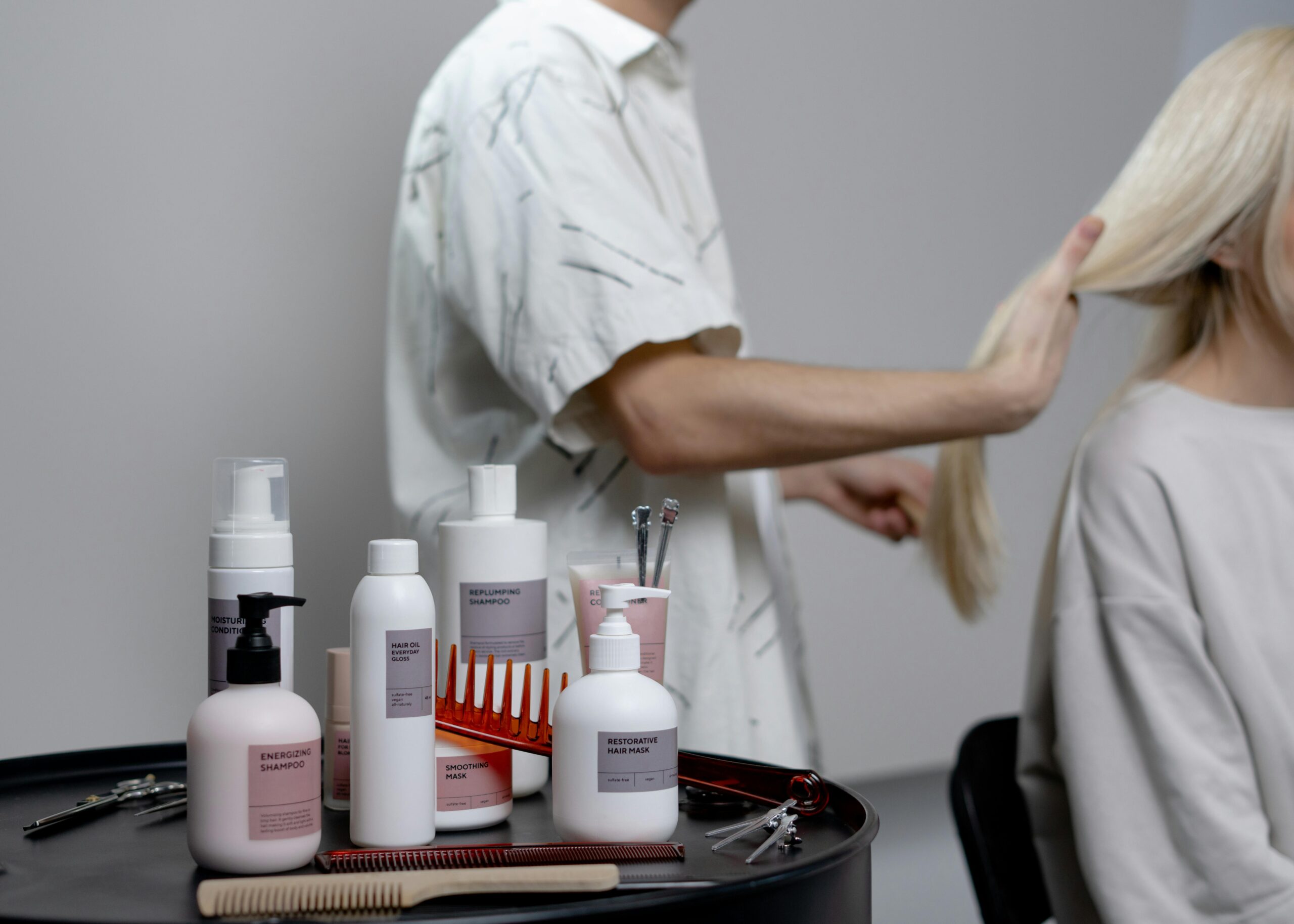
A district judge who recently excluded state court cases from sharing in a common-benefit assessment for multi-district litigation (MDL) involving damage from using hair relaxer products was challenged on that ruling by MDL’s lead counsel.
A common benefit fund is established to compensate lawyers whose work on an MDL benefits all the plaintiffs, even though they do not represent them all. The attorneys representing individual plaintiffs must allocate some of their legal fees to the common benefit fund, although their efforts do not benefit every plaintiff. The fees are assessed against case settlements. Common-benefit fees are also designed to prevent free riders, lawyers who benefit when they collect fees on cases they generate but do not litigate.
In August 2024, U.S. District Judge Mary Rowland of the Northern District of Illinois ruled in favor of a common benefit assessment of 11 percent, eight percent in fees and three percent in costs, in the multidistrict litigation that claimed hair relaxers cause cancer. The judge also agreed with the Chicago law firm Keller Postman, whose representatives argued that lawyers with hair relaxer cases in state court should be excluded from the common benefits fund assessment.
Looking for more efficiency? Outsource your record reviews to the National Record Retrieval review services team who specializes in reviewing large volumes of pages quickly and cost effectively, to identify whether or not key criteria is met to move cases forward.
The actions prompted lead counsel in the multidistrict litigation to file a motion in September 2024 for Judge Rowland to reconsider her ruling that effectively limits their potential costs and fees. Judge Rowland’s reasoning hinged on the idea that the court’s jurisdiction does not include cases not being argued before it.
In its motion for reconsideration, lead counsel argues that Judge Rowland has jurisdiction over the lawyers, including those with cases in state court, and failing to levy the common benefit assessment to MDL cases outside the MDL is an injustice that would encourage lawyers outside the MDL to amass and keep as many cases as possible because they would not have to contribute to the common benefit fund. The motion reasons this would compromise the courts’ effectiveness in managing mass litigation.
Disputes over common-benefit funds have become more contentious over time in a variety of MDL cases, including opioids, Bard IVC filters, and Monsanto’s Roundup weed killer.
In 2021, U.S. District Judge Vince Chhabria of the Northern District of California claimed common-benefit fees in Monsanto’s Roundup MDL “totally out of control” prior to slashing the breadth of lead counsel’s proposed common-benefit fund by excluding state court cases, a ruling Judge Rowland is mimicking. The proposed $800 million that lead counsel proposed was slashed to a $20.23 million distribution to a small group of firms for their work after Judge Chhabria opined the larger sum was enough for each firm to “buy their own island.”
The MDL claims that hair relaxers cause cancer were filed in 2023 and include more than 8,400 lawsuits and at least seven defendants. Lead counsel originally alerted Judge Rowland they believed her order should involve all lawyers with related cases, even those who did not sign a participation agreement. Lead counsel reminded Judge Rowland that they dedicate a lot of time to oversee and coordinate this complex litigation, and lawyers with state court or unfiled suits who benefit from their efforts should be assessed fees. A recent status update reports that about 85 hair relaxer claims are pending in state courts, particularly in Cook County, Illinois.
Keller Postman’s Ashley Keller, whose firm opposed lead counsel’s proposed order, said his firm represents thousands of women affected by hair relaxers who intend to sue outside of the MDL and the proposed order does not provide legal support for lead counsel’s leadership extending to a tax on attorneys who receive no benefit by filing in state court.
Keller Postman and lead counsel could not agree after motions and objections continued.
Judge Rowland, however, called the impasse “immaterial” to her decision. She acknowledged the free rider problem could be a reality, but arbitrarily expanding the court’s jurisdiction is not the answer to the problem.
Lead counsel includes Diandra Debrosse, of DiCello Levitt, Birmingham, Alabama; Fidelma Fitzpatrick, of Motley Rice, Providence, Rhode Island; Michael London, of Douglas & London, New York; and Ben Crump, of Ben Crump Law, Tallahassee, Florida.